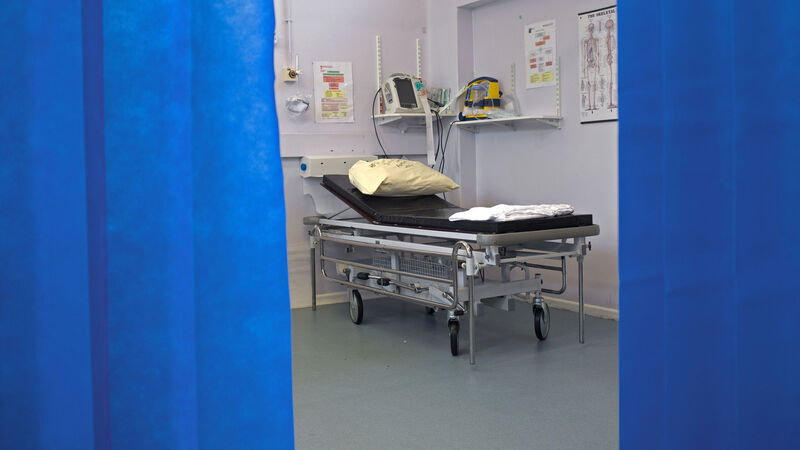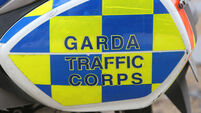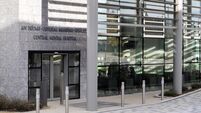Almost 600 patients without a hospital bed after flu season pressure eases

In Cork, there were 49 people without a bed in Cork University Hospital and 16 in the Mercy University Hospital. Picture: Stephen Parker / Alamy Stock
Almost 600 patients could not get a hospital bed on Monday morning as patients are still facing delays despite the easing of flu and winter pressures.
The latest flu figures up to the end of February show “moderate” levels of cases only now.
There were 193 people across all hospitals with the flu, down from 869 at one point in late December.
Only one patient in an intensive care unit (ICU) was there because of flu, and there were no deaths in that week attributed to this virus.
However, most hospitals are still struggling to meet demand.
University Hospital Limerick faced significant issues with 101 people on trolleys, according to the Irish Nurses and Midwives Organisation’s trolley count.
In that region, there were also eight people on trolleys at Ennis Hospital and one in Nenagh Hospital — even though these sites do not have an emergency department.
A further 11 people were on trolleys in Clonmel at Tipperary University Hospital.
In Cork, there were 49 people without a bed in Cork University Hospital and 16 in the Mercy University Hospital.
Delays were also evident at Kerry University Hospital, which saw 18 people on trolleys at the time of the count.
Among 32 hospitals analysed by the Irish Nurses and Midwives Organisation, only four — including University Hospital Waterford — had enough beds for all their patients.
Separate HSE data for Monday showed 92 people were waiting longer than 24 hours by morning, and this included three people over the age of 75.
Nationally, the HSE counted 427 patients on trolleys and 561 people on temporary surge beds. These are beds which are usually used for other services, meaning those services were not available.
A further 432 people whose treatment was finished were delayed in hospital while waiting for support services.
HSE chief executive Bernard Gloster addressed this problem, speaking to reporters about efficiencies last week — on a day when delayed discharge figures were similar to Monday’s figures.
“There were 400 people in hospital today who don’t need to be in hospital. If you took that 400 number off your trolley number, you can see where it goes,” he said.
He also said about 11% of discharges happen on a Saturday and Sunday, saying what he wants to consistently see if "we need to get that up to between 15% and 20%".
This would help reduce spikes in trolley numbers on Mondays and Tuesdays, after weekends, and especially after bank holiday weekends.





